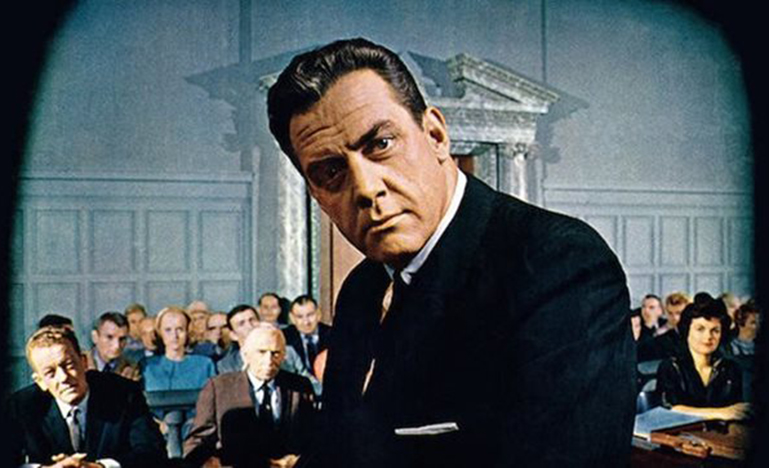TV Lawyers: Ethics? What ethics?
TV lawyers give the rest of us a bad name.

Brooke: Over the holidays I caught up on The Good Wife, which got me thinking about how lawyers are portrayed on television. Although it’s not news that legal dramas are unrealistic, the frequency and degree of modern TV lawyers’ ethical breaches are staggering.
I recently re-watched just one episode of the hit How to Get Away with Murder, and I could barely keep count of the ethical violations. First, Annalise Keating, a criminal defence lawyer and law professor who hires her students to assist in her practice, accepted a client accused of murder because she believed her own husband actually committed the crime. She buried evidence that implicated her husband even though she needed to link him to the murder to exonerate her client. In a side plot, Keating lied to another client about a plea bargain in order to obtain information from her then withdrew, leaving the vulnerable client unrepresented. Throughout, Keating had an affair with a police officer investigating her cases. Meanwhile, one of her students dated the client accused of murder.
The very premise of another TV drama, Suits, is an ethical violation: the unauthorized practice of law. Suits follows a brilliant young burnout with no law degree or licence to practise who talks his way into an associate position at a New York firm; the series revolves around how he and the partner who hired him struggle to keep his secret. The lawyers on Suits also disregard client instructions; interview represented adverse parties; misrepresent facts and threaten extortion in negotiations; impersonate other lawyers; and accept cases despite obvious conflicts of interest.
I like to think that these shows are so obviously far-fetched that viewers don’t confuse the characters’ ethical standards with ours as real-life lawyers. But the number of friends who have asked me if being an associate at a Bay Street firm is anything like Suits makes me worry.
Gavin: The only current TV lawyer I follow is Saul Goodman, the protagonist in Better Call Saul, a spinoff of Breaking Bad, in which Saul was a secondary character. He helps clients launder money and hire hit men.
Most other lawyer shows I’ve watched over the years have featured lawyers who are more ethical, and more inspiring. Horace Rumpole, of Rumpole of the Bailey, was highly principled, a tireless defender of the presumption of innocence, which he invariably referred to as “the Golden Thread of British Justice”. It would have been unthinkable for John Kavanagh, of Kavanagh Q.C. (the most realistic lawyer show I’ve seen) to mislead the court or another barrister. The father and son team of the 1960’s U.S. drama The Defenders were in the same mold: competent, committed, and selfless.
Perry Mason was a more complicated case. The plot was always the same with Perry Mason preventing a wrongful conviction every Friday evening at nine o’clock, and proving that someone else committed the crime with a last-minute confession in the courtroom.
I’m sure I am one of many who got the idea that it would be admirable and exciting to be a courtroom lawyer because of Perry Mason. He wasn’t always ethical, though. Perry wouldn’t hesitate to conceal evidence, or put his staff up to deceptions or even breaking and entering. Perry had no compunction about bending what in those days they called the canons of ethics when to do so was in furtherance of the noble cause of acquitting his innocent clients. The hapless D.A. who prosecuted 250 innocent people over nine seasons was more ethical than Perry; he never concealed evidence or misled the court. The accused always seemed guilty for the first 55 minutes of the show.
Brooke: I have actually been pleasantly surprised with how The Good Wife has depicted ethical dilemmas and the consequences for breaches of ethical rules. A recent episode depicted litigators debating whether they should disclose an embarrassing but potentially relevant document in civil proceedings; the most senior lawyer decided they should withhold it, and his junior was later held in contempt and fined after the opposing party obtained the document anyway.
Debating the rules of professional conduct might not be all that interesting to TV audiences. But given that shows will portray lawyers behaving badly, it is at least a positive development that those characters sometimes face repercussions for not meeting ethical standards.

